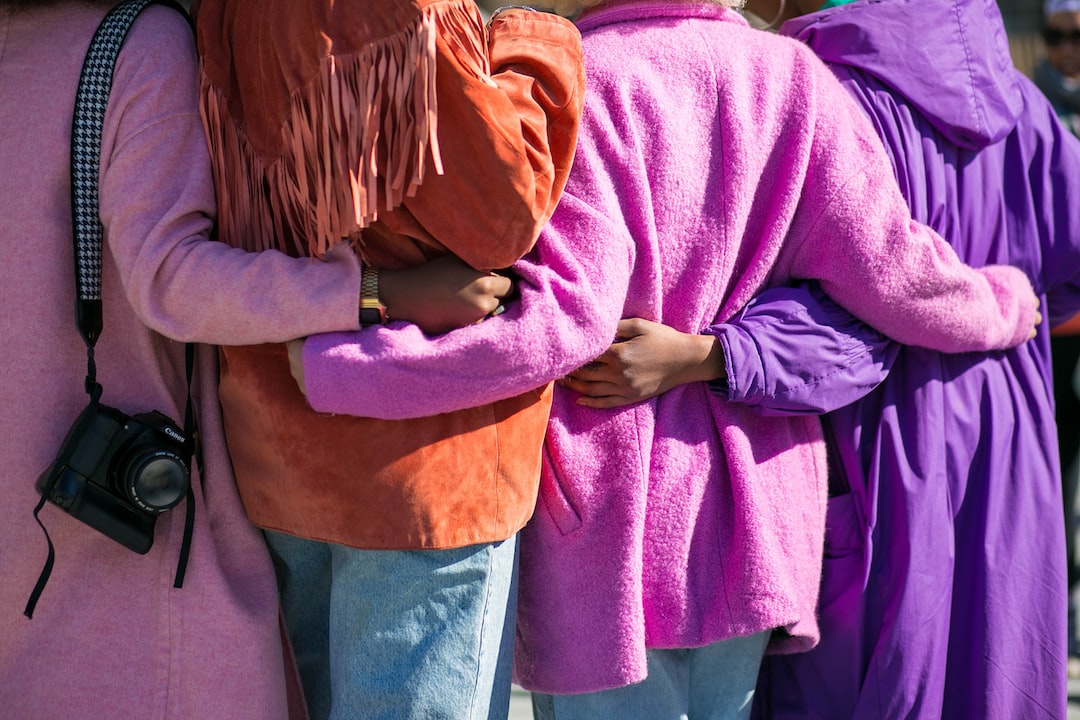In the fast-paced world of beauty and fashion, social media influencers have managed to reshape the industry like never before. With their immense popularity and strong influence over their followers, they have become key players in driving trends, promoting brands, and even challenging traditional beauty standards. In this blog post, we will delve into the ways these social media influencers have transformed the beauty and fashion landscape.
First and foremost, social media influencers have democratized the industry. In the past, major fashion magazines and advertisements dictated what was considered beautiful or fashionable. This often resulted in limited representation and a narrow definition of beauty. However, with the rise of influencers, people from all walks of life have become empowered to share their perspectives, fostering inclusivity and diversity.
By showcasing their unique styles, influencers have helped break traditional beauty stereotypes and embraced body positivity. They have created a platform where individuality is celebrated, challenging the notion that there is a specific standard of beauty. Whether it is embracing different body shapes, skin tones, or gender identities, the beauty industry has become more inclusive, recognizing the diversity of its consumers.
The beauty and fashion industry has also experienced a significant surge in brand collaborations and influencer marketing. Influencers are now key players in promoting products and brands, as their followers trust their opinions and recommendations. This has given rise to a new wave of influencer-focused marketing campaigns, where brands engage with influencers to create content and showcase their products. These collaborations not only allow brands to reach a wider audience but also provide influencers with new opportunities to monetize their social media platforms.
Furthermore, social media influencers have revolutionized the way trends are set and disseminated. In the past, fashion weeks and glossy magazines dictated what was considered fashionable. However, with the advent of social media, everyday individuals now have real-time access to the latest trends. Influencers experiment with different styles, tips, and tricks, thereby influencing their followers to do the same. This has disrupted the traditional fashion calendar, as trends now emerge and spread at an unprecedented pace.
Additionally, the rise of social media influencers has also challenged the dominance of established beauty and fashion brands. Influencers have a direct connection with their followers, allowing them to introduce and popularize smaller, independent brands that might have otherwise remained overlooked. This has given rise to a growing demand for niche and sustainable products, as influencers often prioritize authenticity and ethical practices. As a result, established brands are now forced to adapt and respond to these changing consumer preferences.
Despite these positive transformations, the rise of social media influencers does come with its own set of challenges. With the increasing demand for picture-perfect content, influencers often find themselves under immense pressure to maintain a flawless image. This can lead to negative consequences such as mental health issues, body dysmorphia, and the constant need for validation. Finding the right balance between authenticity and commercial success is crucial for influencers to navigate their personal and professional lives.
In conclusion, social media influencers have had a profound impact on the beauty and fashion industry, reshaping its landscape and introducing new possibilities. They have empowered individuals, fostered inclusivity, and challenged traditional beauty standards. Additionally, they have revolutionized the way brands market their products, set trends and connect with consumers. However, as influencers continue to reshape the industry, both the influencers themselves and the industry as a whole must be mindful of the challenges that come along with this transformation.

